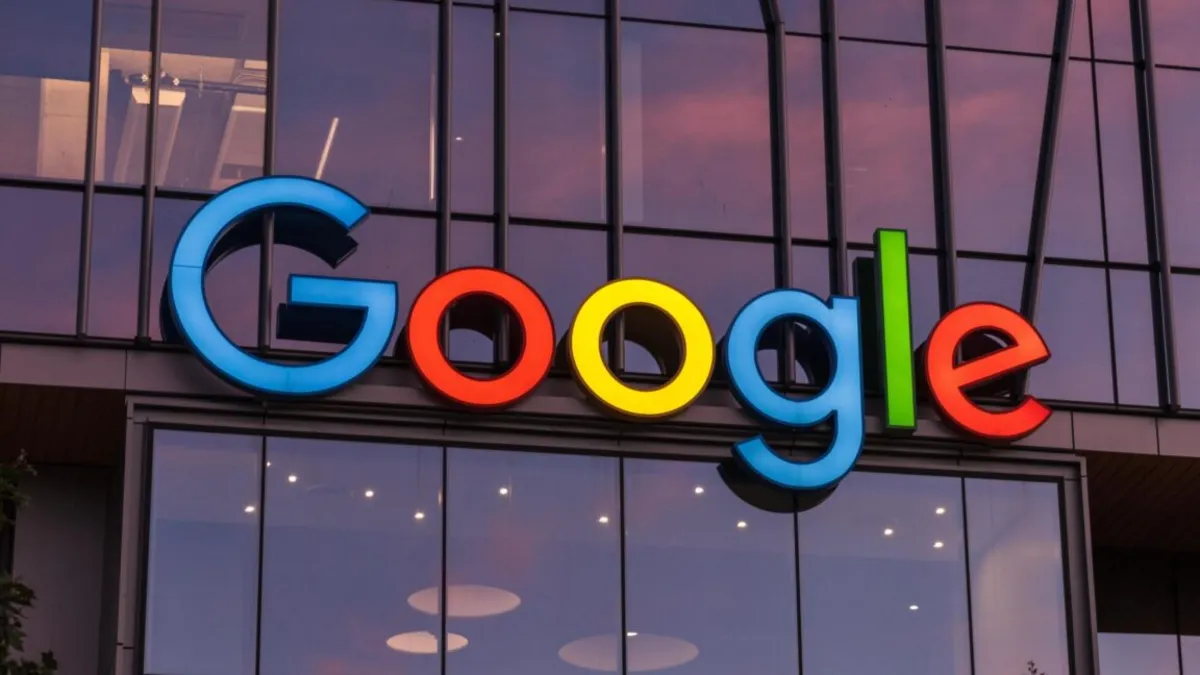
In a significant development within the mobile app marketplace, Google has come to a settlement with Epic Games after years of legal disputes. Epic accused Google of unlawfully stifling competition on the Android platform, leading to a series of courtroom battles that resulted in court-mandated changes to the Google Play Store. This landmark agreement, once approved by a judge, is expected to pave the way for major overhauls in how Android app distribution operates globally.
The conflict between Google and Epic Games began as Epic sought to challenge the status quo of app distribution on Android. Following losses in previous court rulings, Google was compelled to alter its Play Store policies, which included allowing developers to present users with alternative payment methods and download options outside of Google’s ecosystem. These changes were initially limited to a three-year period and confined to the United States.
The newly forged settlement introduces a more sustainable and long-term vision for Android app distribution. Notably, it aims to improve conditions for developers while still accommodating Epic Games' requests. If the agreement is approved, Google will reduce its standard fees for developers significantly, offering a structure that caps the share at either 20 percent or 9 percent based on the nature of transactions. This is a considerable downward adjustment from the previous rates, which stood at 15 percent for the first $1 million in annual developer revenue and 30 percent thereafter.
One of the most critical aspects of the settlement is the support for third-party app stores on the Android platform. Under the agreement, Google will implement features in the next version of Android that allow third-party app stores to be recognized as official application sources. These "Registered App Stores" can be installed directly from websites with minimal user friction, contrasting sharply with the cumbersome warnings typically associated with sideloading apps.
This settlement not only grants developers lower fees but also provides them with greater flexibility in payment options. Google will still require developers to include Play Billing as an option alongside third-party payment methods. However, developers will maintain the freedom to set their own prices, potentially offering more competitive rates for users who opt out of Google’s system.
The settlement is expected to have far-reaching implications for the entire Android ecosystem. It signals a shift towards a more open platform, aligning with Epic's vision of Android as an open market. Google's Android chief, Sameer Samat, emphasized that the agreement enhances choice and competition while prioritizing user safety. The ongoing changes will not only benefit developers but also aim to create a more user-friendly experience.
As Google and Epic Games prepare to present this settlement to the courts, the tech community watches closely. If approved, the changes could be implemented by late this year, with significant developments in app store functionality projected for the next version of Android in June. This agreement marks a crucial step in redefining how apps are distributed on Android and may set a precedent for future policies in the mobile app marketplace.